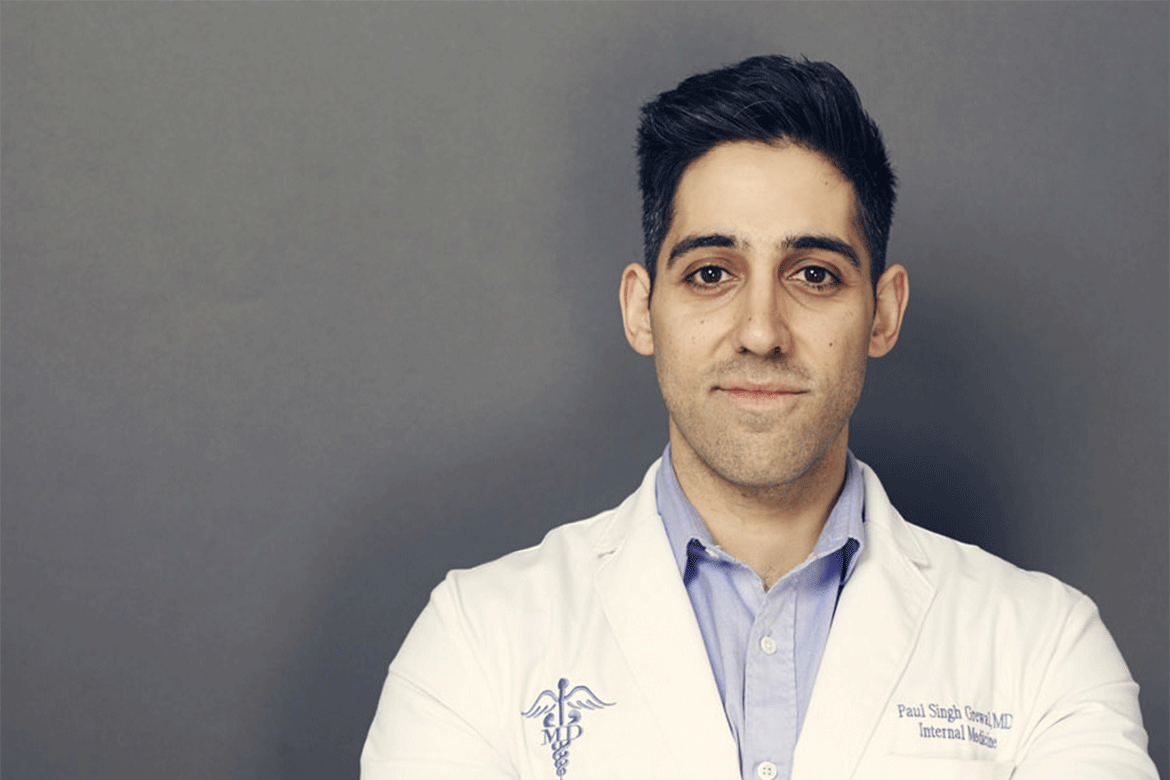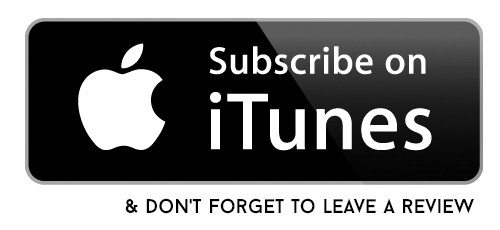Ben Greenfield is a fitness expert, triathlete, blogger, and the host of the Ben Greenfield Fitness podcast, one of the top health podcasts there is! He's the ultimate human guinea pig, integrating all means of cutting edge (even untested!) tactics to attain optimal wellness. He also loves to put coffee up his butt.
What you'll learn from this episode:
The potential benefits of red light photobiomodulation.
How Ben is able to stay so lean all year round (and why he thinks it may not be ideal from a longevity standpoint).
Why Ben is currently obsessed with giving himself coffee enemas (along with a step-by-step process for the non-squeamish).
The protocol Ben is currently observing to detox his liver.
The cutting edge technology Ben uses for everything from better sleep to improved productivity to rapidly healing like Wolverine.
And much more!
Resources from this episode:
Ben Greenfield Fitness Podcast
Why a High-fat, Ketogenic Diet Chock Full of Saturated Fat, Coconut Oil & Butter Could Be Destroying Your Brain (& What to Do about It), The Ben Greenfield Fitness Podcast with Max Lugavere
How to Detox Your Liver: A Complete Guide to Purifying the Body with Liver Flushing by Dr. Irina Matveikova, Conscious Lifestyle
How to Easily Get Your Blood Tested Without Spending Tons of Money or Visiting a Fancy Longevity Institute by Ben Greenfield, Ben Greenfield Fitness
Everything You Need to Know About Ayurvedic Medicine, The Ben Greenfield Fitness Podcast
Panchakarma: The Complete Ayurvedic Detoxification Process by Vedic Sage
The Kion Coffee Enema: Everything You've Always Wanted to Know about Coffee Enemas (but Were Afraid to Ask) by Ben Greenfield, Ben Greenfield Fitness
Physiology of Peristalsis by Richard Bowen, Colorado State University
Ben's Instagram post detailing his liver detox regimen and how to make kitchari.
Biohacking Your Manhood: The Proven Habits, Foods, Exercises, Workouts, Nutrients & Tools That Boost Testosterone & Drive by Ben Greenfield, Ben Greenfield Fitness
I Put a Giant Red Light on My Balls to Triple My Testosterone Levels by Ben Greenfield, Men's Health
Change Your Schedule, Change Your Life: How to Harness the Power of Clock Genes to Lose Weight, Optimize Your Workout, and Finally Get a Good Night's Sleep by Suhas Kshirsagar and Michelle D. Seaton
Ben Greenfield's Morning Routine by Ben Greenfield, Ben Greenfield Fitness
Deep Work: Rules for Focused Success in a Distracted World by Cal Newport
Shining Laser Lights on Your Balls & Beyond: Photobiomodulation 101 -- How to Use near Infrared & Red Light for Collagen, Thyroid, Muscle, Skin & More, The Ben Greenfield Fitness Podcast with Justin Strahan and Scott Nelson
Full Body LED Red Light Therapy by Joovv
Limitless & Lucy -- Your Ultimate, Done-for-You Guide to Nootropics, Smart Drugs & Psychedelics by Ben Greenfield, Ben Greenfield Fitness
Is Nicotine Healthy, How Long Does Stem Cell Therapy Last, A New Way To Fast & Much More, The Ben Greenfield Fitness Podcast
Evening Blue Light Is Wrecking Your Health (Here's What to Do About It) by Max Lugavere
Sunlight Makes You Skinny & Blue Light Makes You Fat: 11 Ways to Biohack Light to Optimize Your Body & Brain by Ben Greenfield, Ben Greenfield Fitness
The 30-Year-Old Scientist Phenom Who Runs a 2:30 Marathon, Deadlifts 420 Pounds & Drinks Hydrogen Enriched Water, The Ben Greenfield Fitness Podcast with Tyler LeBaron
The Most Powerful Cellular Exercise Machine That Exists, How It Works & Exactly How to Use It, The Ben Greenfield Fitness Podcast with Emilio Palafox
FlexPulse Portable PEMF System
ICES DigiCeutical M1 Model System -- use code: BEN for $100 off
The Single, Most Comprehensive Stem Cell Procedure Known to Humankind: How a "Full Body Stem Cell & Exosome Makeover" Works, The Ben Greenfield Fitness Podcast with Dr. Harry Adelson and Dr. Amy Killen
A Deep Dive Into HRV: The Myths & Truths of Heart Rate Variability Testing, The Ben Greenfield Fitness Podcast with Dr. James Heathers
Could This New Ring Be the Final Frontier in Self Quantification, Biohacking, Sleep Tracking, HRV, Respiration & More?, The Ben Greenfield Fitness Podcast with Petteri Lahtela
Oura Ring (use coupon code "Greenfieldoura" and you'll get $50 off your purchase and free shipping within the USA)
NatureBeat Heart Rate Variability Tracker app for ioS or Android
How to Use Space-Age Technology to Banish Heavy Legs Forever, Run Faster, Increase Nitric Oxide Production, Enhance Flexibility & More, The Ben Greenfield Fitness Podcast with Gilad Jacobs
The Master Key System by Charles F. Haanel
Too Busy to Fit a Solid 30 Minutes of Training into Your Day? Then Go for Bite-Size Chunks Instead and Join the Time-Poor Who Thrive on Exercise Snacking by Dr. Michael Mosley, The Daily Mail
The Genius Life 20: The Hidden Secret To Getting Everything You Want | Craig Clemens
11 Ways to Biohack a Hotel Room, Stay Healthy When You Travel & Keep Globetrotting from Slowly Killing You by Ben Greenfield, Ben Greenfield Fitness
The Last Resource on Sleep You'll Ever Need: Ben Greenfield's Ultimate Guide to Napping, Jet Lag, Sleep Cycles, Insomnia, Sleep Food, Sleep Supplements, Exercise Before Bed & Much, Much More by Ben Greenfield, Ben Greenfield Fitness
Mindfold Sleep and Relaxation Eye Mask
The Non-Tinfoil Guide to EMFs: How to Fix Our Stupid Use of Technology (& The Real Research on WiFi Health, Cell Phones, Dirty Electricity & More), The Ben Greenfield Fitness Podcast with Nicolas Pineault
Genius Foods: Become Smarter, Happier, and More Productive While Protecting Your Brain for Life by Max Lugavere and Paul Grewal M.D.
Join my mailing list and get access to the free PDF of 11 supplements that can help boost your brain function!
































